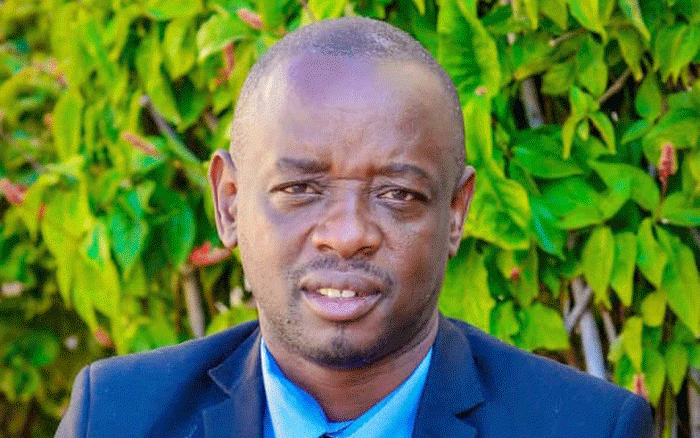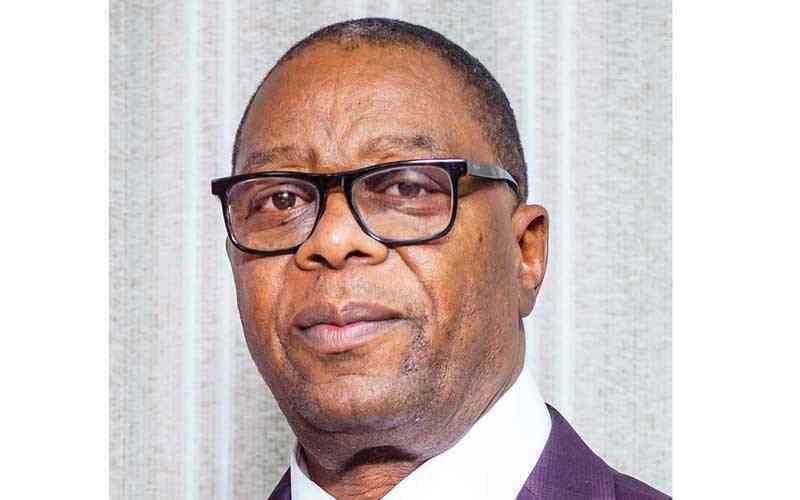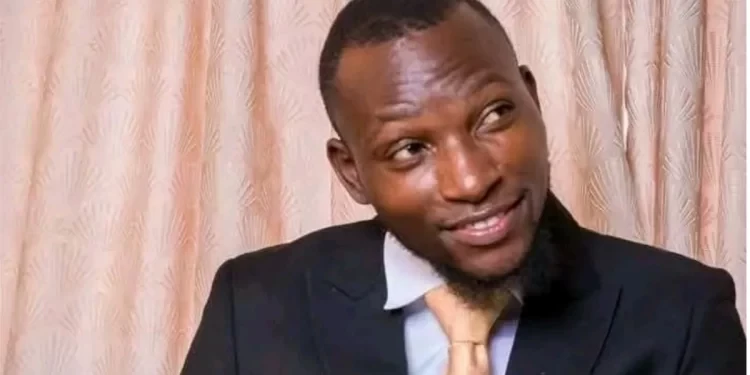
The African people have tangible and intangible assets. Tangible assets are earthly material possessions while intangible assets are spiritual.
A deprivation of material or immaterial possessions of any member of the group is a deprivation to all the members.
Thus, life among the Shona people in Zimbabwe is collectively owned hence identity is always expressed in the plural, not in the singular, because to the tribe identity is always collective.
Committing murder in the name of politics and in any other way, is committing a crime against the dead, the living, the unborn, the land and above all the traditional leadership because the most important intangible asset shared by members of the same blood are the ancestors and the lives of its members.
The position of ngozi (avenging spirit) in the traditional setting is unquestionable. The same cannot be said about a politician’s perception of this institution.
The political attitude towards ngozi has never changed since the colonial times. Ngozi is yet to be officially recognised by the State, judiciary and political parties.
Its application is weakened as it does not have civil representation in Zimbabwe’s judicial system.
Its election season in Zimbabwe, political players need to be wary of the predicaments associated with shedding blood during the much anticipated 2023 harmonised elections.
- Mavhunga puts DeMbare into Chibuku quarterfinals
- Bulls to charge into Zimbabwe gold stocks
- Ndiraya concerned as goals dry up
- Letters: How solar power is transforming African farms
Keep Reading
If parties cannot restraint themselves, if judiciary cannot act, if the police cannot deal with it and if the executive cannot lead in restraint and allow the law to take its cause then the avenging spirit cannot be outdone.
In the African context, Zimbabwe in particular, when murder is committed and not acknowledged the spirit of the murdered returns to haunt the family of the murderer.
This is consistent with the concept of “healing the dead to transform the living”. This manifested through the death, illness and madness of the perpetrator, his family members or livestock.
These circumstances will persist until the perpetrator realises that they must pay restitution for the crime and start taking practical action towards reconciliation.
In 2015 two Zanu PF members, Lloyd Jamawo and Marko Masenda were said to have been murdered by fellow party member, Proud Mupambwa, in Chitungwiza, but two days later, it was alleged that Mupambwa commited sucide in police custody.
Last year Moreblessing Ali, an opposition activist’s mutilated body was found in a well. It was alleged that she was killed by succespected Zanu PF supporters. Another opposition activist Mboneni Ncube was killed in Kwekwe at a rally last year.
People from different religious backgrounds said no political outcome was worth the loss of lives.
“Ngozi as an institution is fortified by the use of idioms and metaphors,” said an elderly Sekuru Chimutashu.
“One of them is that ngozi yerombe igandanzara which implies that the avenging spirit of a vagrant impoverishes the offender’s family.
“Mushonga wengozi kuripa [the remedy for ngozi is restitution].
“The role of this and other idioms is to deploy popular language to deter the abuse of, mainly the poor by the rich and powerful in society.”
Sekuru Prince Mutandi Sibanda, the secretary-general of the Zimbabwe National Traditional Healers Association (Zinatha) said: “Ngozi plays an important role of bringing to justice to perpetrators who may not be otherwise willing to face justice although in most cases families and relatives may end up fast-tracking the rise of the avenging spirit.”
This is very useful in criminal cases where there are no witnesses. The murdered becomes the witness. This gives ngozi an advantage over other forms of justice in that it is holistic as it covers truth telling and repentance, reparation and reconciliation.
According to Zinatha president George Kandiero: “The main reason for ngozi is revenge and the avenging spirits appear to attack the killer and his blood line regardless of the fact that the killer may have been sent by someone to kill.”
“It appears to the killer regardless of the reasons for killing which are either political contestations or even self defence.”
Politicians need to preserve the sanctity of human life this coming elections.
Reverend John Makaniko, a United Methodist church pastor in charge of social justice at grassroots level under the General Board on Church and Society said ngozi or avenging spirit was a reality among many African societies.
He said it is also a biblical perspective.
“In Genesis 4:10, whether God uses figurative or poetic language, He talks about Abel’s blood crying out after being killed by his brother Cain,” said Reverend Makaniko.
“In Matthew 27:25, the whole people say ‘may his blood be on us and on our children’.”
“These two texts are sure statements that killing a human being have serious reparations of avenging spirit that will run down through bloodline.
“This means ngozi will have effects on the killer, children and close relatives.”
Reverend Makaniko said ngozi was not a type of demon that can be exorcised and goes forever.
“It is a spirit seeking vengeance like Abel’s blood crying (Gen 4:10),” he said.
He encouraged pastors and the church to preach and teach about the preserving of sanctity of human life.
In another story, which generated public interest, former Midlands governor Jason Machaya, whose son was one of the killers of Moses Chokuda did not hesitate to part with 35 herd of cattle and US$15 000 to compensate Chokuda’s family.
Chokuda died in March 2009 at the hand of Farai Machaya, brothers Edmore and Bothwell Gana as well as Abel Maphosa.
He became known as the “man who refused to be buried” following reports that he returned as an avenging spirit.
In this case there is no record on whether the girl child pledging on the Chokuda saga came into effect.
Denying the existence of ngozi would be comparable to burying one’s head in the sand and ignoring reality.
Engaging into migration and spirit exorcism through churches and traditional healers as a way of escaping ngozi is a futile.
To avoid all these people must be made to love one another and not to kill each other because of political differences.
- For feedback, e-mail: bmandabva@alphamedia.co.zw










